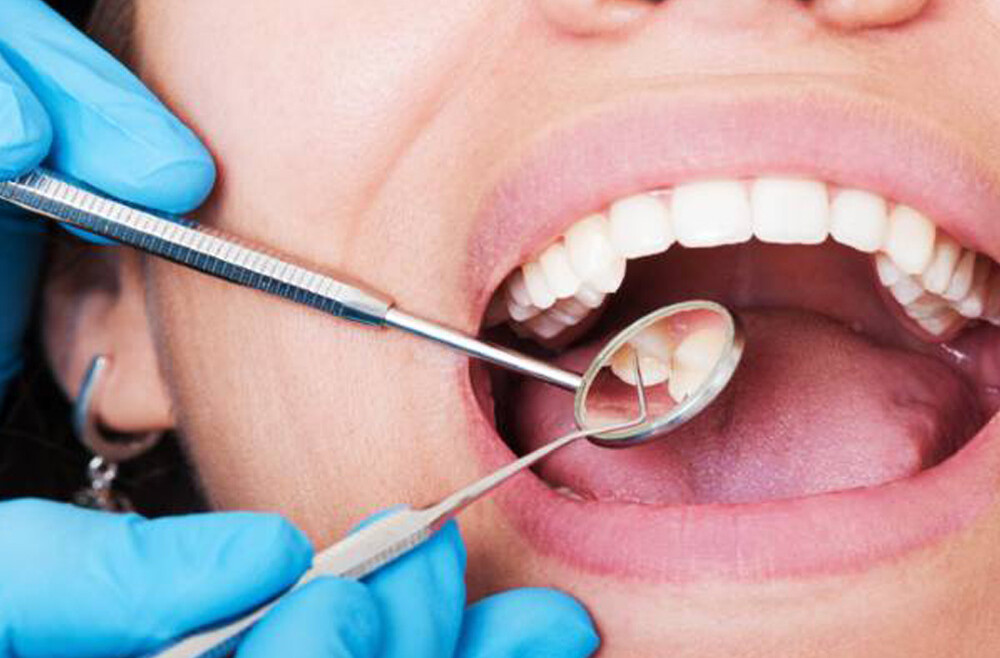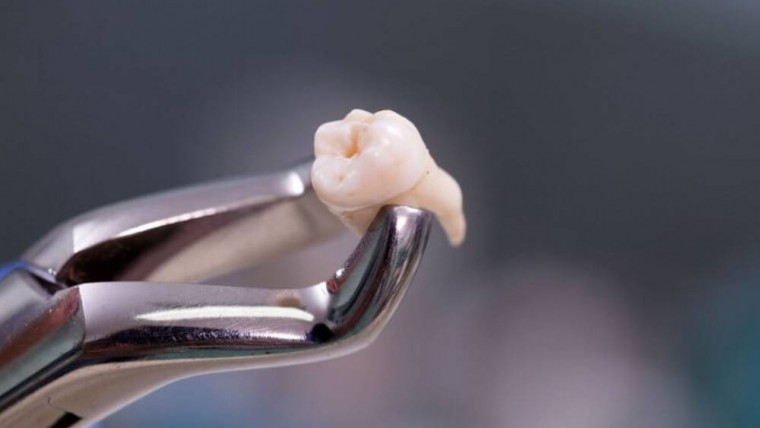Good oral health brings about numerous life-changing advantages, from heightened self-confidence to enhanced opportunities in careers and relationships. A healthy smile doesn’t just transform your appearance and mindset; it also contributes to the overall well-being of your mouth and body. We’ve compiled a set of top tips covering various aspects of oral health to keep your smile radiant.
Oral Care Essentials:
- Brush your teeth thoroughly before bedtime and at least once more during the day, utilizing fluoride toothpaste.
- Employ interdental brushes or floss to clean between your teeth at least once a day.
- To gauge your breath’s freshness, lick your wrist, allow it to dry, and take a sniff; if it smells, your breath may too.
- Replace your toothbrush every two to three months or earlier if it shows signs of wear to maintain effective teeth cleaning.
Regular Dental Visits:
- Schedule regular dental check-ups as recommended by your dentist.
- Some dentists offer home visits for individuals who are housebound or face difficulties visiting the dental office.
- If dental visits make you anxious, communicate your concerns with your dentist so they can enhance your experience.
- Alleviate dental anxiety by bringing a supportive friend along or listening to music to relax and divert your attention.
- During routine check-ups, your dentist will conduct a visual mouth cancer examination.
- Consulting a dental hygienist can provide valuable advice and tips for preventing dental issues.
Diet and Oral Health:
- Chew sugar-free gum after consuming sugary foods or drinks to safeguard your teeth and gums between meals.
- Wait an hour after eating or drinking before brushing your teeth to prevent potential enamel damage when it’s softened.
- Opt for sugar-free candies and xylitol-containing beverages to satisfy your sweet tooth and contribute to oral health.
Children’s Oral Health:
- Gradually transition your baby from the bottle to prevent dental problems.
- For children up to three years old, use toothpaste with a fluoride level of at least 1000ppm. After three years old, switch to toothpaste with 1350ppm to 1500ppm fluoride content.
- Supervise your child’s tooth brushing until around seven years of age.
- Initiate dental visits early, as soon as their teeth begin to emerge, to acclimate them to the dental practice environment.
- Ensure your children brush for the recommended duration by using a timer or playing a song.
- Engage your children in oral care by implementing a reward chart to track their brushing habits.
- Employ disclosing tablets to identify areas in your children’s mouths that may require more thorough brushing.




